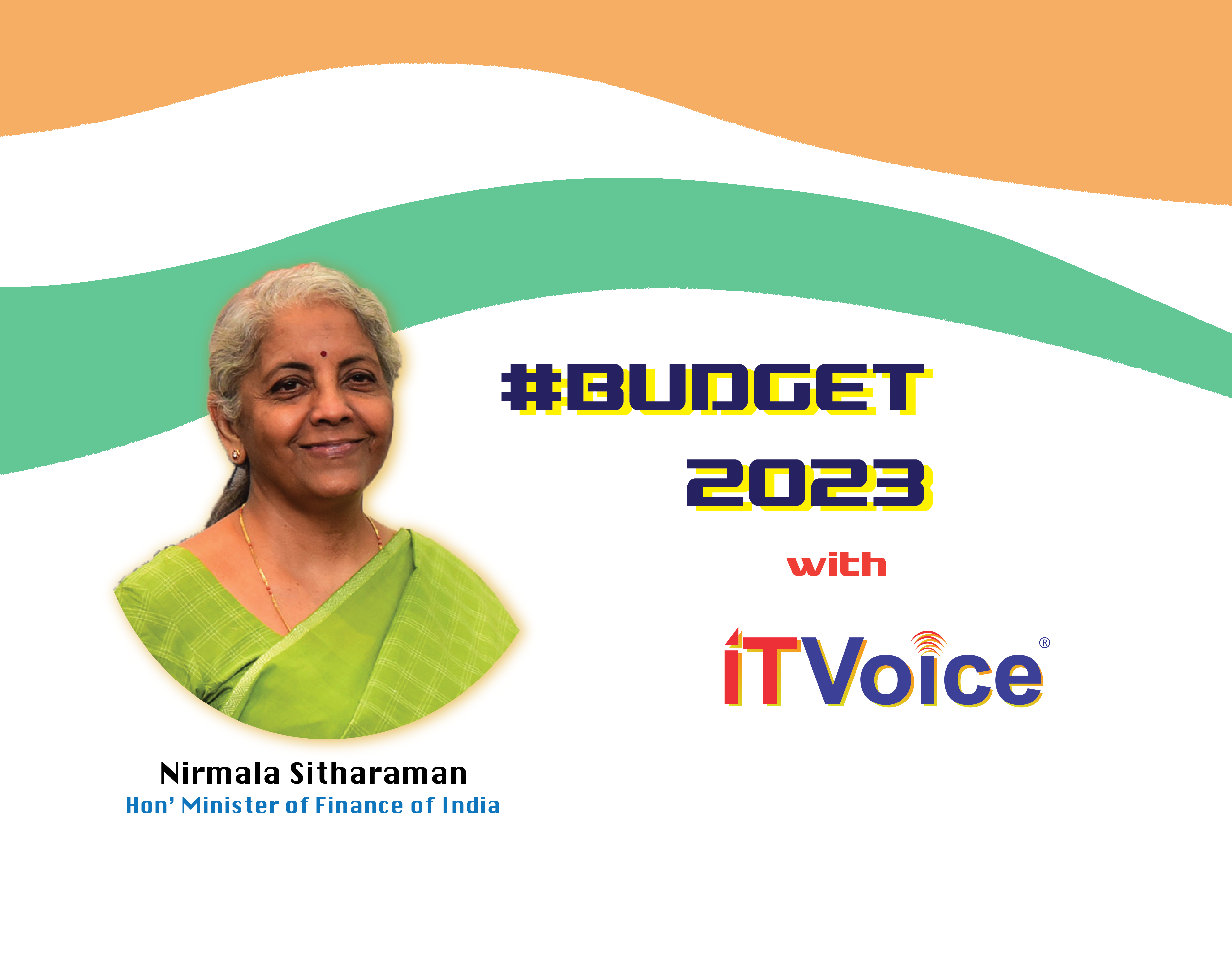Ranjan Kaul, Managing Director, Oxford University Press India
The forthcoming Union Budget that will be unveiled on February 28 will be  keenly watched for many reasons. It comes at a time when the Government is close to completing 10 months in office, and this will be a good opportunity for them to set the tone for their vision for India’s economic growth over the next few years. The economy too is in need for some buoyancy and a progressive budget can provide that impetus.
keenly watched for many reasons. It comes at a time when the Government is close to completing 10 months in office, and this will be a good opportunity for them to set the tone for their vision for India’s economic growth over the next few years. The economy too is in need for some buoyancy and a progressive budget can provide that impetus.
While the Union Budgets are important from the outlay and policy perspective for all sectors, the impact on some sectors such as Education and Health are long lasting. Education is seen as a critical sector by almost everyone from an ‘India growth story’ perspective, and thus education related developments will be keenly watched.
Given below are some areas in the context of education where we think government intervention and increased outlay will benefit the economy in the longer term:
To begin with, our overall education outlay as a percentage of GDP needs to go up dramatically. The outlay has been less than 4% for many years which is less than the average of the countries in the developing world. In a growing economy such as ours, the education outlay should ideally be in double digits. But a budget allocation is not a solution by itself; an effective budget needs to look into ways to improve the spread and quality of education and its delivery. This can be done through a variety of ways, such as encouraging private participation for driving innovation and quality improvement, focus on improving learning outcomes, fostering a climate for academic research, establishing a regime that protects authentic and original education content, and curriculum reforms.
Improving the overall quality of education is central to improving educational outcomes, and this is where increased private participation in education can play a significant role. Presently, most government and government aided schools do not have ready access to quality materials, including digital content, published by private publishers. Assessments is another key area that impacts learning outcomes and which can play a significant role in providing schools an objective view of the quality of delivery of education. This too can be administered online, where private initiative can play a role. Earlier budgets and policy pronouncements haves spoken about building digital infrastructure. This is important for spread of education and we expect special outlays on this front.
Curriculum reforms are required at almost all levels to introduce contemporary education pedagogies in classrooms for the benefit of learners, especially in the Higher Education segment. In addition to serving the purpose of developing informed citizens, it is important to improve the employability quotient of young graduates. English language proficiency is another development area. The government must make concerted efforts in this direction so that we have a skilled and job ready workforce in the coming years.
Academic research is amongst the most neglected areas within the realm of education and needs urgent attention. Academic scholarship and research is the hallmark of any robust education system which provides a country with researchers and scientists. We hope that the upcoming budget will augur well for research funding, including funding of libraries, where outlays have stagnated in the last few years.
Finally, steps around content protection will be welcome. Unfortunately, education content in India is mostly devoid of stringent implementation of copyright laws, which dissuades creators from developing authentic and quality content. The government needs to take steps to curb piracy of print and digital content so that authors, content developers and publishers continue to see value in original content creation for the benefit of students and learners.
We are hopeful that the education outlays in this year will spell landmark changes that will have a long term impact on the sector.







